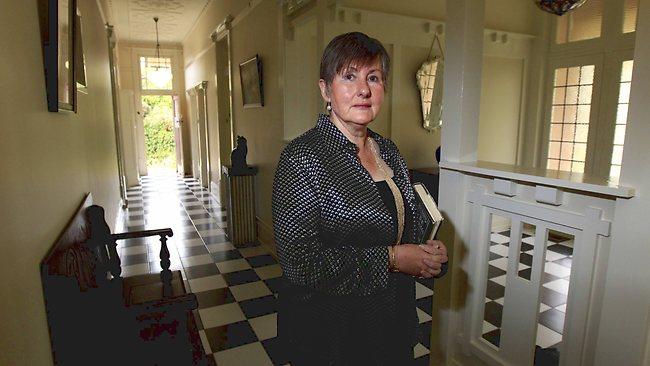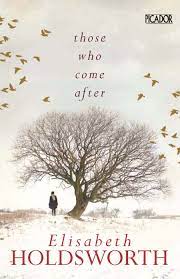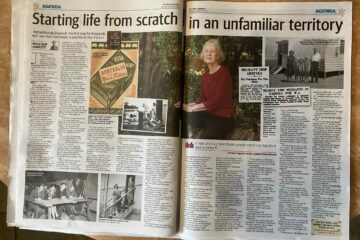Elisabeth Holdsworth was born in the Netherlands just after the end of the Second World War in January 1947 in Middelburg, in the south-western province of Zeeland. She is an essayist, poet and writer of short stories and reviews.

Holdsworth grew up in the Netherlands and migrated to Australia with her parents in December 1959. The family settled in Melbourne, where she attended MacRobertson Girls’ High School before going on to complete tertiary studies at Monash University and the University of Melbourne. After her education she had a long career as intelligence officer with the Department of Defence. Holdsworth later turned to writing, and her work has been published in places including Best Australian Essays, the Australian Book Review, Heat, Southerly, Island, The Monthly, Mattoid and Transnational. She won the inaugural Australian Book Review (ABR)/Calibre prize for her essay “An die Nachgeborenen: For Those Who Come After”, which was published in the February 2007 issue of the ABR and later broadcast on ABC radio.

Later, Holdsworth turned this essay into a memoir titled Those Who Come After, published in 2011. Those Who Come After explores personal experiences and reflections on the author’s life and the lives of those who come after her. It delves into themes including family, identity, and the intergenerational impact of personal histories. Through her memoir, Holdsworth provides insights into her own life and the broader societal changes and challenges that she and subsequent generations have encountered. The memoir was translated into Dutch by Wybrand Scheffer in 2011 under the title Zij die na ons komen (the translation was published by Uitgeverij Contact).
Elisabeth Holdsworth has also engaged with her maternal Jewish ancestry in her writing. In 2017 she won the Australian Book Review RAFT Fellowship and wrote the essay ‘If This is A Jew’ as part of this fellowship.
Interestingly, Holdsworth is her married name: her family name is de Rijke-Nassau; one of the branches of the Nassau family shares the common ancestry of Charlemagne, Willem and Juliana de Rijke. The de Rijkes, and their identification as part of the fabric of Middelburg and the island of Walcheren, can be traced back to the thirteenth century.
Sources:
- ‘Missing from my own life’ – Essay by Elisabeth Holdsworth, Australian Book Review, October 2008, no.305
- Profile in AustLit
- Pan Macmillan author profile for Elisabeth Holdsworth
- Ricky Onsman, ‘Elisabeth Holdsworth, 4 April 2011
- Holdsworth named ABR RAFT Fellow’, Books+Publishing, 24 March 2017
See also:
- Elisabeth Holdsworth’s publications in the Australian Book Review
- Inside the Australia-Israel Relationship: John Monash to the present day – An Intelligence Perspective’ – article by Elisabeth Holdsworth (2018)


